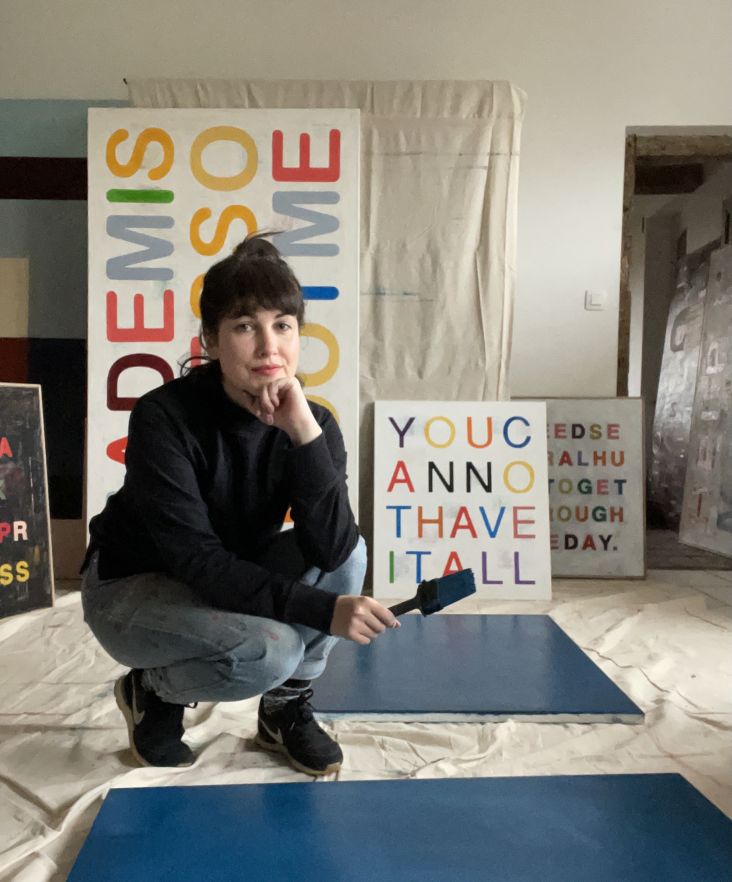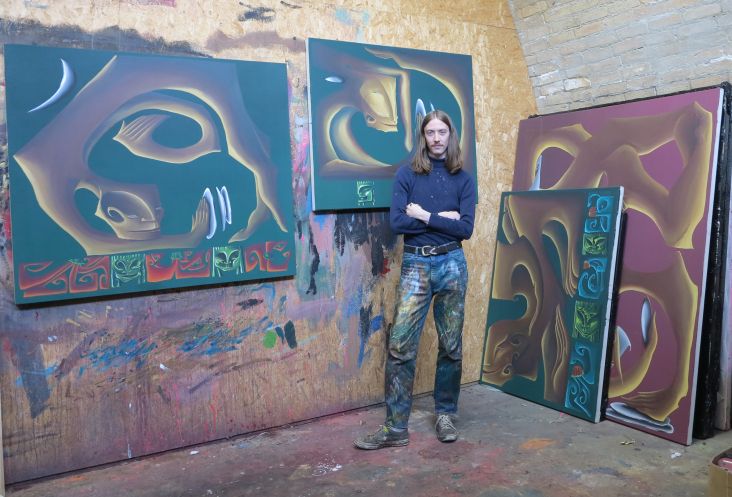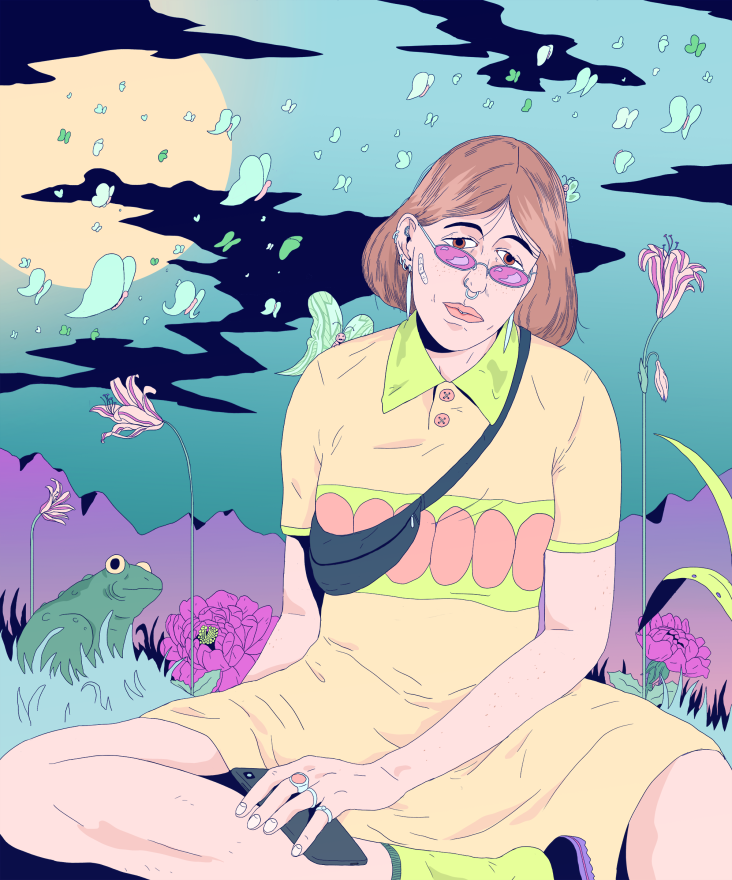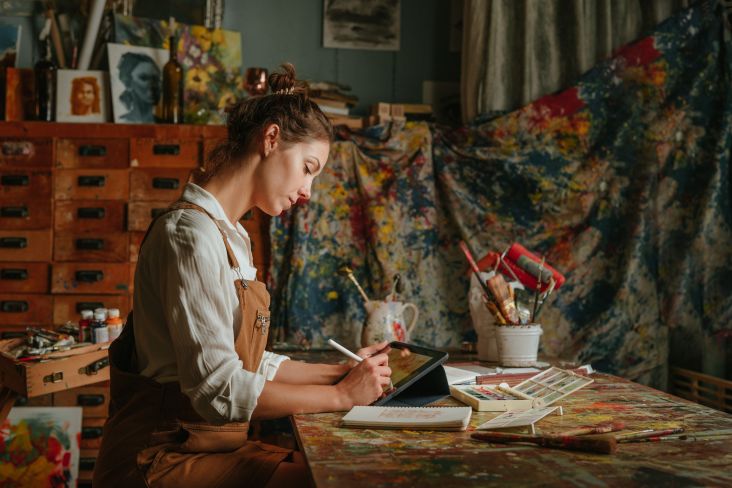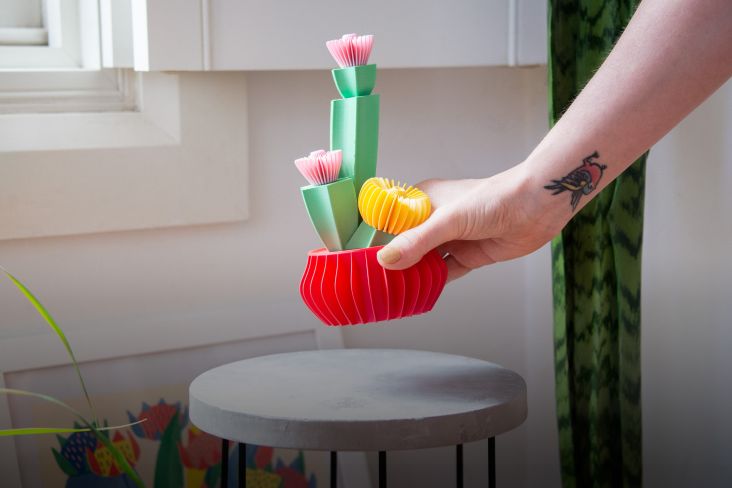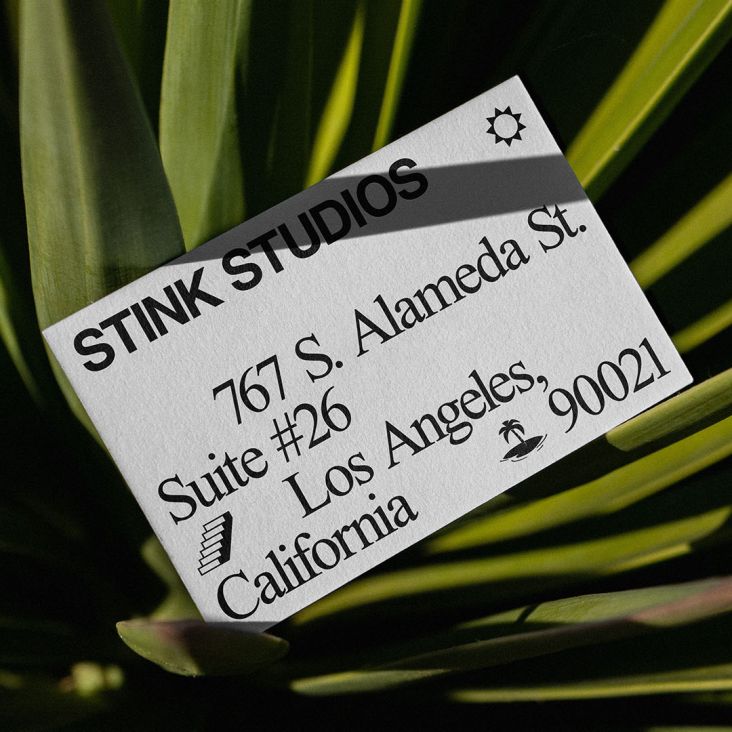Sobering photographs by Dan Wilton that document the harms of Europe's coal industry
When London photographer Dan Wilton journeyed across Europe in 2019, he began to document the impacts of the coal industry on the landscape and communities that live in its shadow. His resulting series depicts the very scars and hidden harms that mining and power plants have inflicted on the continent.
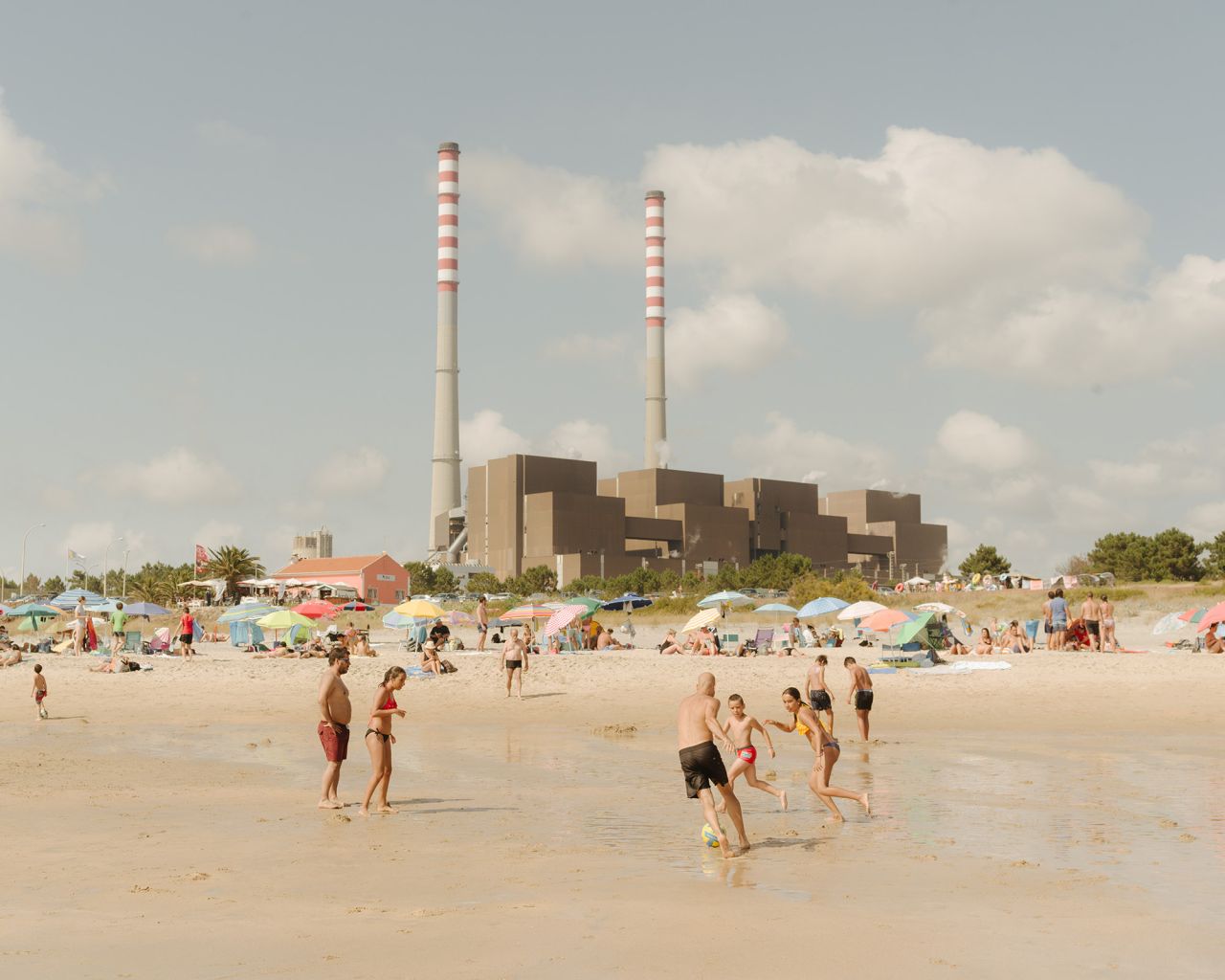
Sines Power plant, Portugal, 2019 © Dan Wilton
The title of Wilton's series couldn't be more ominous: The Very Fire They Sit Beside tells us exactly what to expect from the haunting images. Exhibited for the first time in the UK at Huxley-Parlour in London from 10-12 March, the photographs are part of a unique collaboration between Wilton and environmental law charity ClientEarth, to highlight the negative effects of Europe's coal industry.
It began in 2019, pre-pandemic, when Wilton travelled across nine European countries – Bulgaria, Czech Republic, Germany, Greece, Poland, Portugal, Serbia, Spain, and the UK. A combination of landscapes and portraiture, the images shift between vast views across sprawling German coalfields, to depictions of everyday life in the UK and Portugal set against the backdrop of power plants, to sensitive portraits of Greek miners showing the impacts of the industry on a human-scale. Together, they illustrate the bitter irony that those who are affected by the environmental instability and illness wrought by the industry remain the most economically reliant upon it.
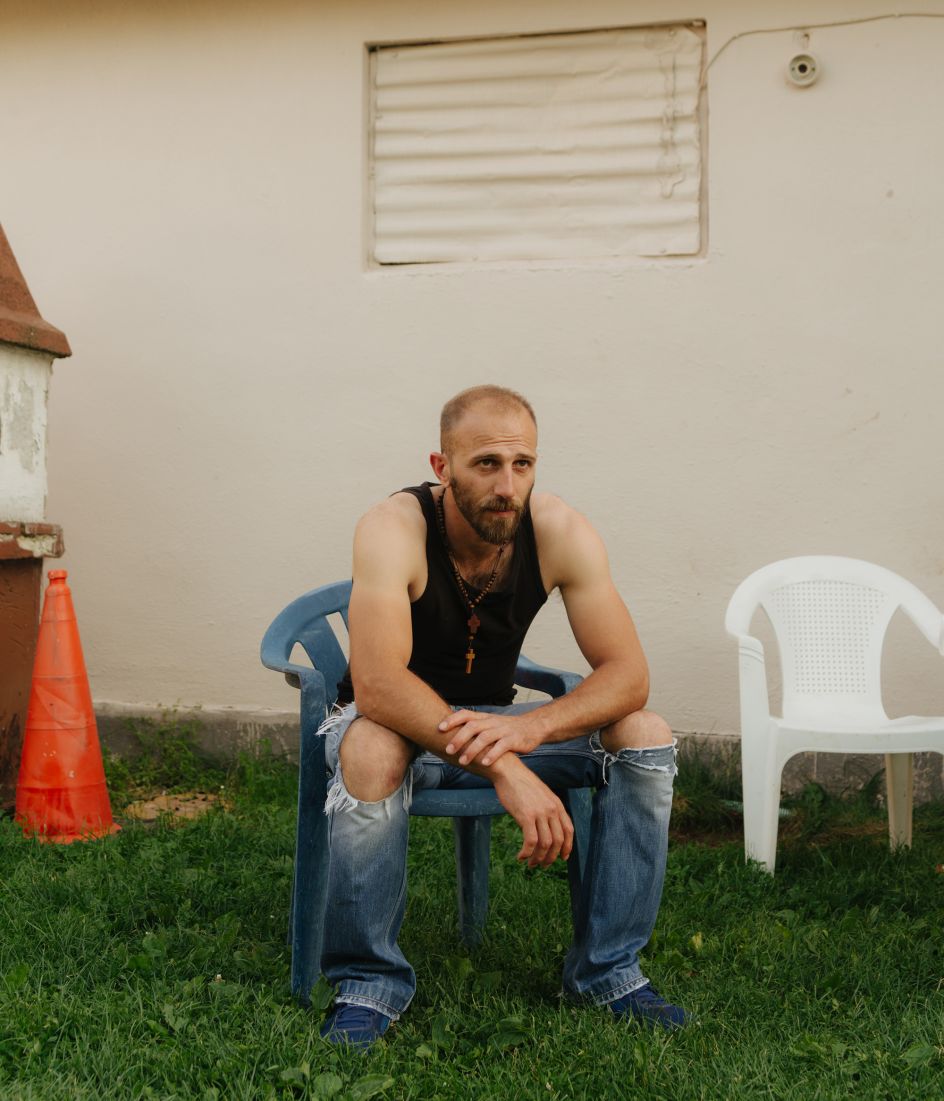
‘Yiorgos’, Coal Miner, Akrini, Northern Greece, 2019 © Dan Wilton
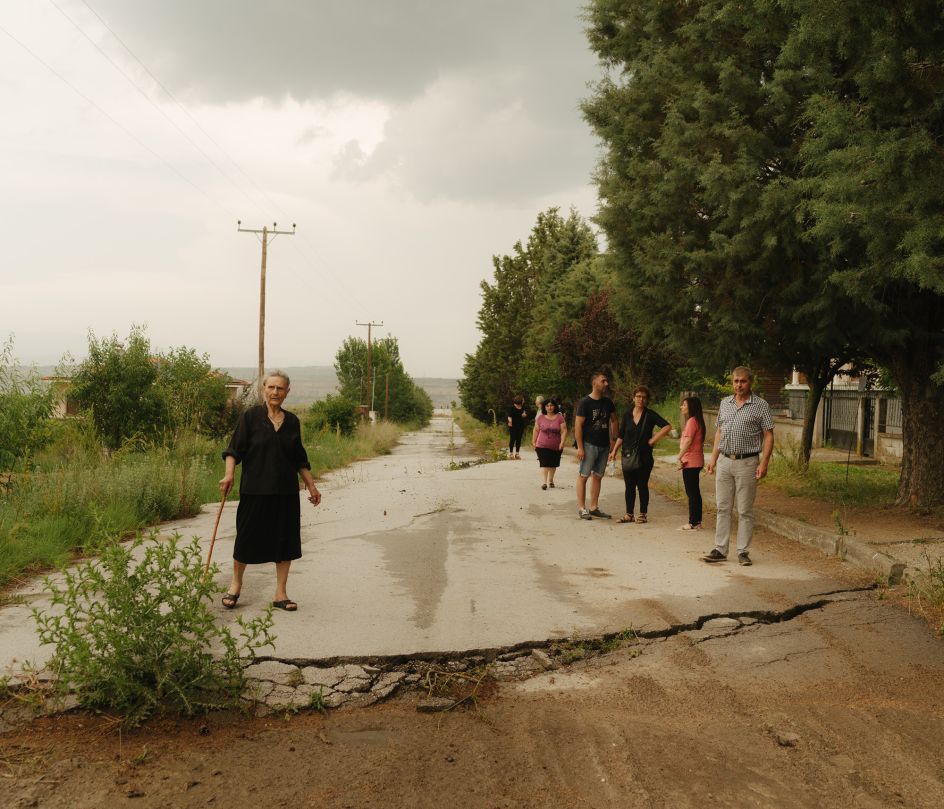
The Residents of Anargyroi, Anargyroi, Northern Greece, 2019 © Dan Wilton
Of course, the series couldn't be more timely, as Europe's transition away from coal gains momentum. In fact, since Wilton's project began, many of the countries depicted have announced an end date for coal power, although damage continues to be wrought as communities wait for the shift. In which case, it could also be said that Wilton's photographs act as a crucial document to the vast infrastructure of power plants and mines as many become decommissioned and in a few more years, may no longer dominate the European landscape.
"When I learnt about the vast scale of the German coal mining just half an hour outside of Cologne, a city I've visited many times and been none the wiser, I knew that this was an important story to tell," says Dan. "Ending coal is crucial: it puts our shared, bright future at risk. Across Europe, people's health, identities, and livelihoods remain intimately linked to coal, even as we strive for a just transition to alternatives. I hope this series makes a powerful case for governments and investors to take action, without making ordinary people shoulder an unfair share of the burden."
In one such image, we're introduced to Yiorgos in Northern Greece who works in the lignite mine that encircles Akrini. "The village's natural water supply previously had to be cut off after the cancer-causing hexavalent chromium leached from coal ash deposits from nearby coal plants," says Wilton. "Those responsible were later imprisoned – but the site is still not managed properly. Yiorgos wants to move on but, like many villagers, he is caught in an impossible position, with the coal industry being a key employer in the region, and the mine affecting house prices."
In another, we see the Towerfest Country Music Festival next to Drax power station in North Yorkshire. "The owners, formerly a coal-only plant, have pivoted towards a variety of future options – including heavily contested biomass (the burning of wood pellets). For this, they have received millions in subsidies from the UK Government."
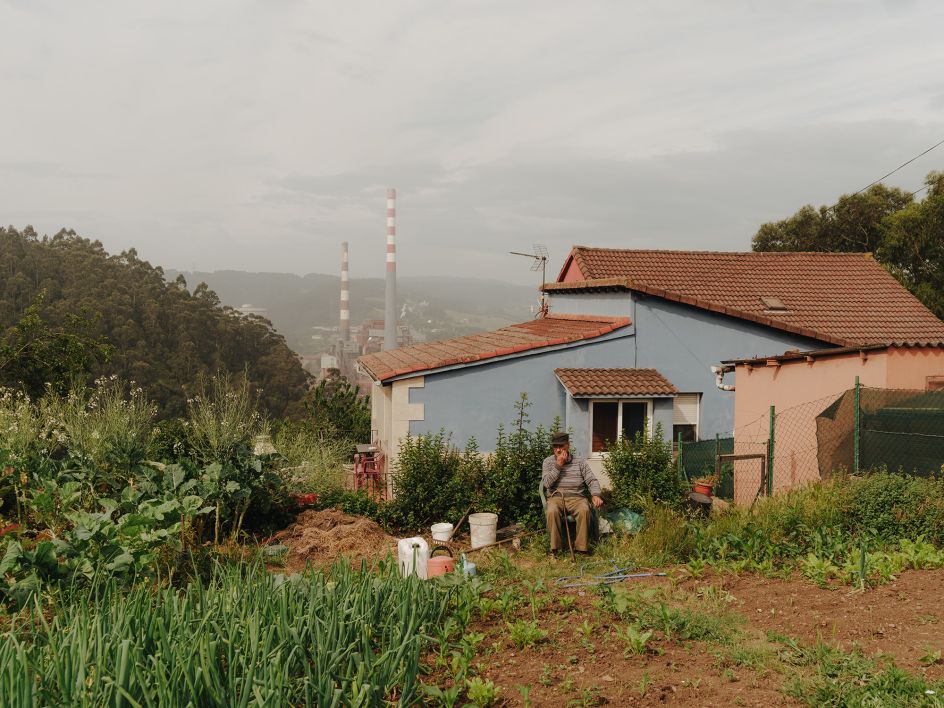
Aboño Power Plant, Gijón, Spain, 2019 © Dan Wilton
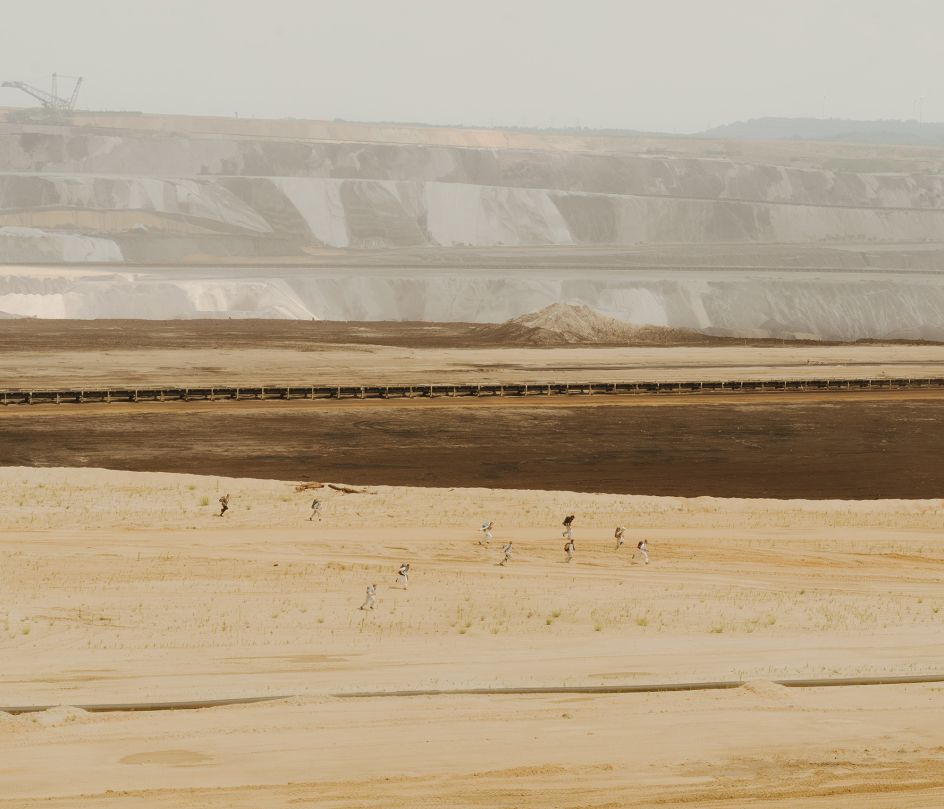
Ende Gelände, Protesters Storm RWE’s Garzweiler Mine, North Rhine-Westphalia, Germany, 2019 © Dan Wilton
During the exhibition at London's Huxley-Parlour for Wilton's The Very Fire They Sit Beside, prints of the photographs will be available for sale with all proceeds going to the environmental legal charity ClientEarth, who dedicate their fight to tackling the climate crisis by using the power of the law.
"Nothing threatens the future of our planet like fossil fuels," says its CEO, James Thornton. "The process of exploiting and burning them is rife with injustice. Dan's work is a powerful reminder that the challenge of moving beyond fossil fuels like coal is present and urgent for people across Europe. Dan Wilton and Huxley-Parlour's contribution is emblematic of the unique potential the arts have to show us the fallout of climate change in all its guises – and galvanise us into action."
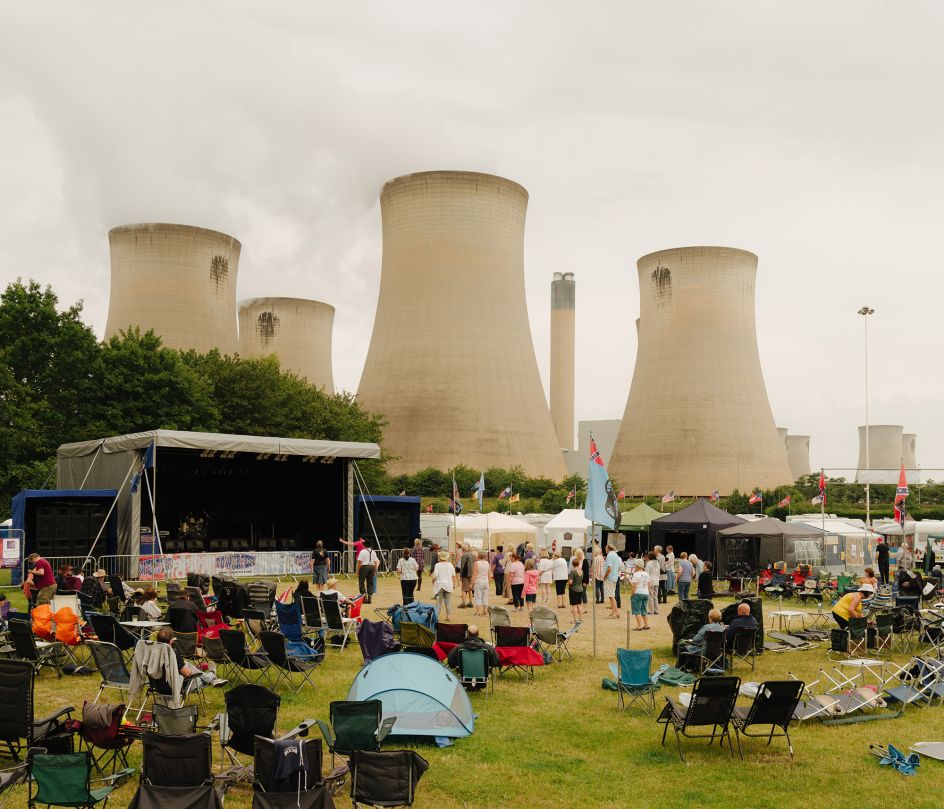
Towerfest Country Music Festival, Drax power station, North Yorkshire, 2019 © Dan Wilton
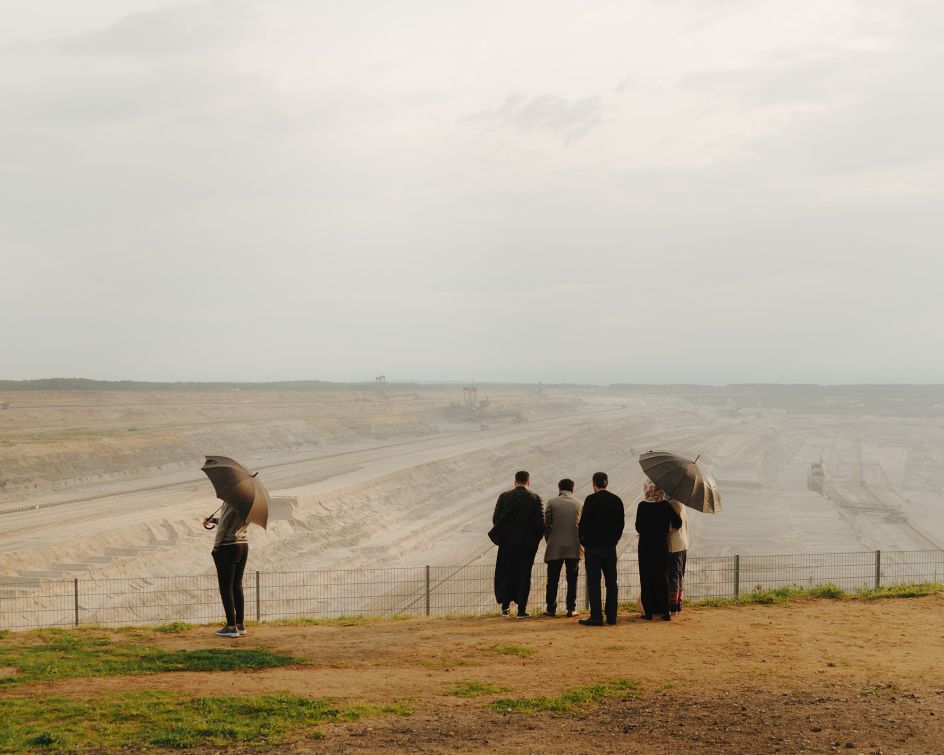
Tourists, RWE’s Hambach Mine, North Rhine-Westphalia, Germany, 2019 © Dan Wilton
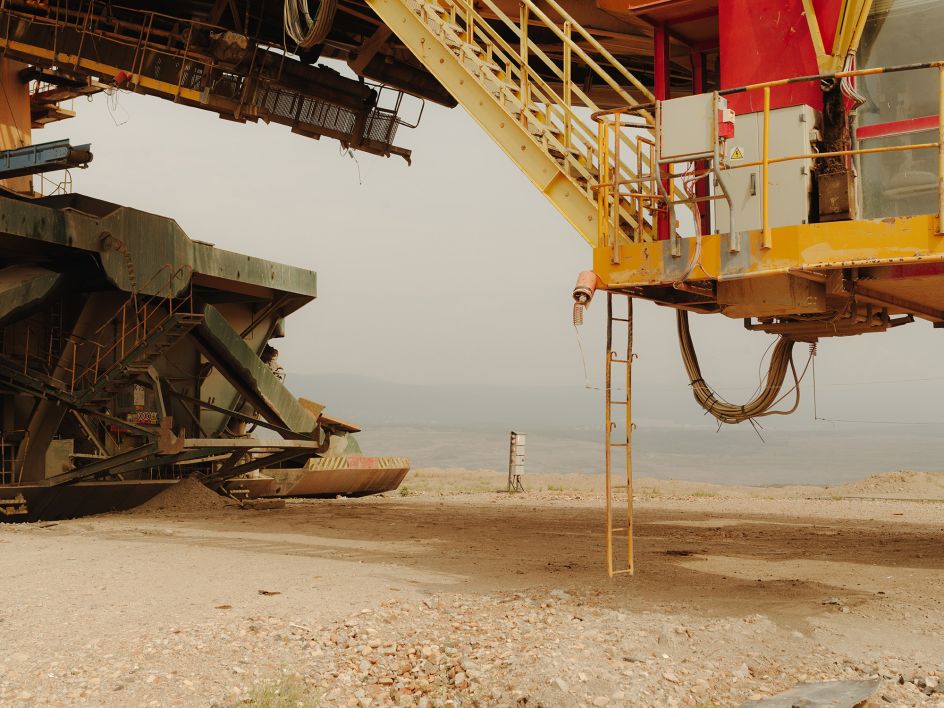
Povrchový lom ČSA Lignite Mine, Czechia, 2019 © Dan Wilton
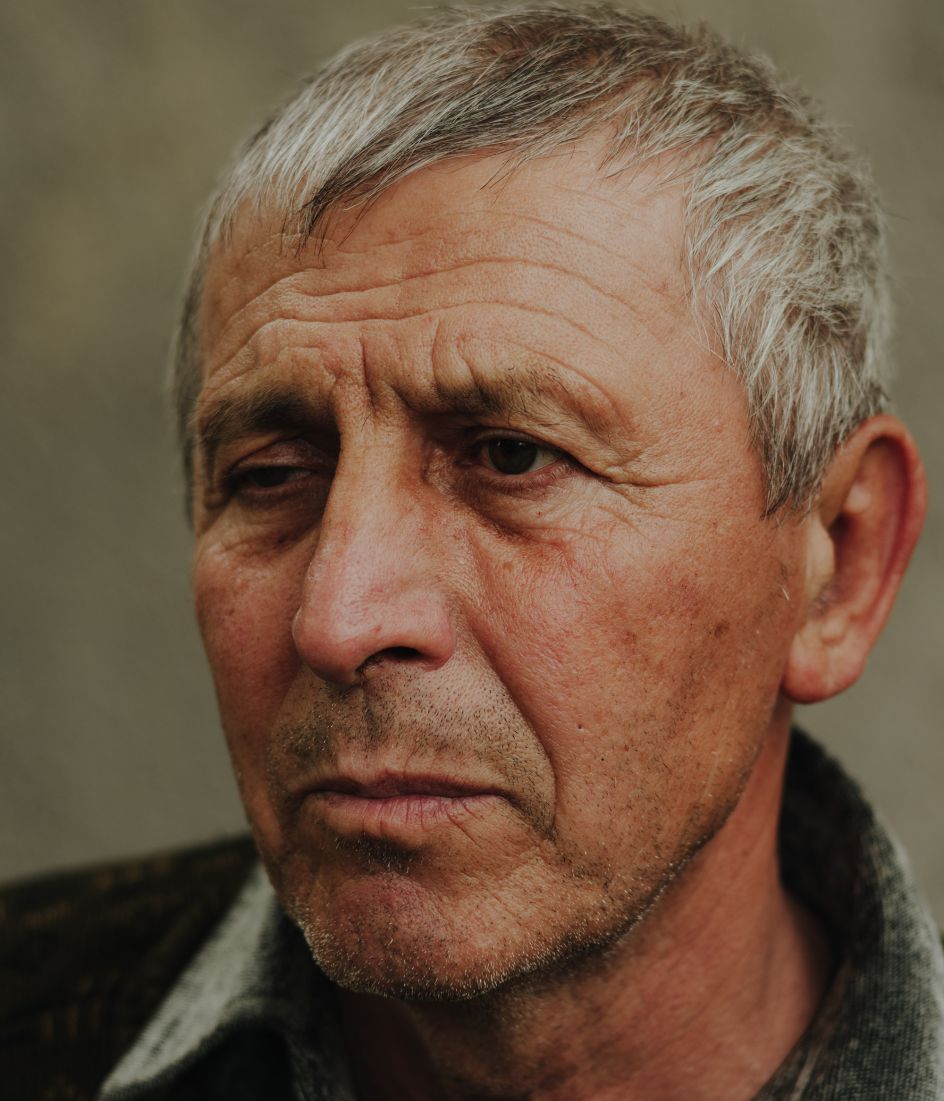
‘Zhelyazko’, Beli Bryag, Bulgaria, 2019 © Dan Wilton




 by Tüpokompanii](https://www.creativeboom.com/upload/articles/58/58684538770fb5b428dc1882f7a732f153500153_732.jpg)


 using <a href="https://www.ohnotype.co/fonts/obviously" target="_blank">Obviously</a> by Oh No Type Co., Art Director, Brand & Creative—Spotify](https://www.creativeboom.com/upload/articles/6e/6ed31eddc26fa563f213fc76d6993dab9231ffe4_732.jpg)









